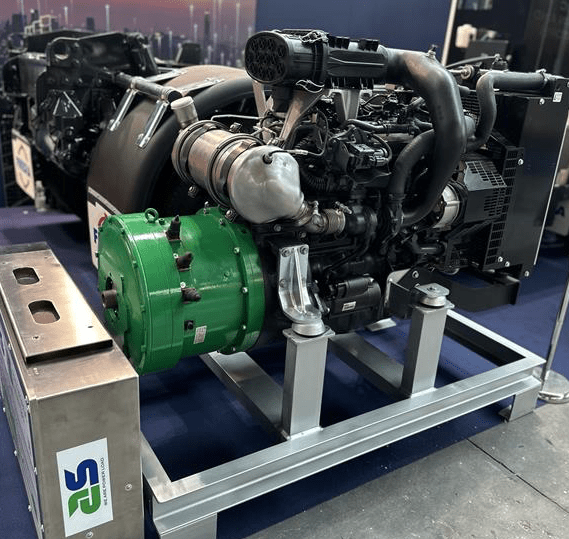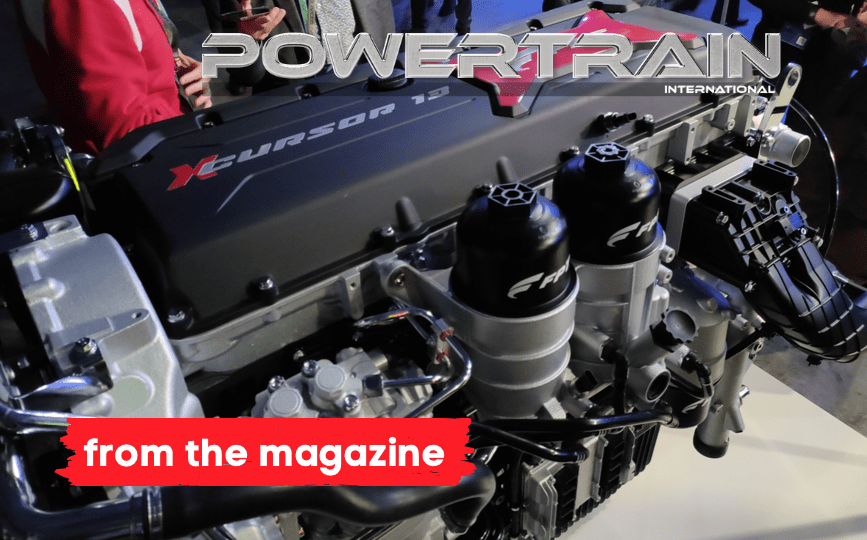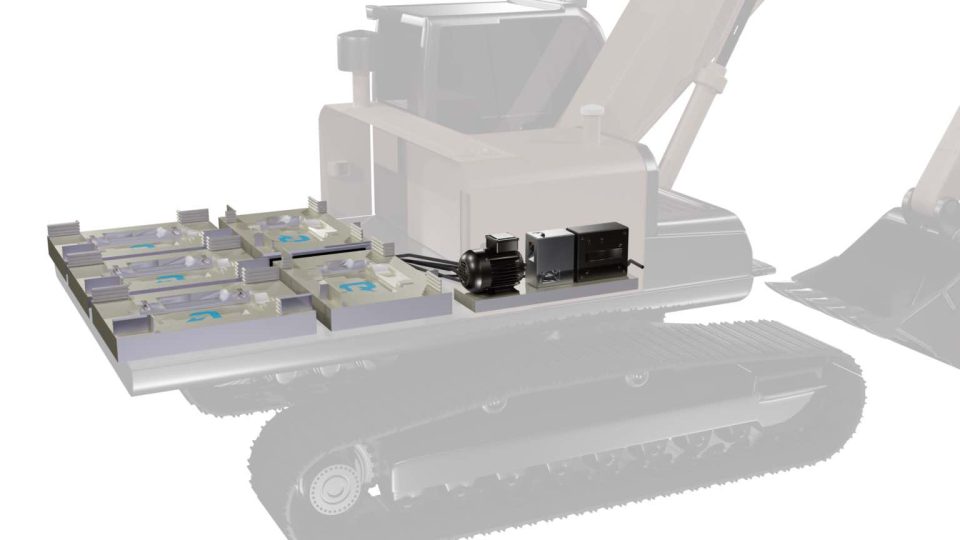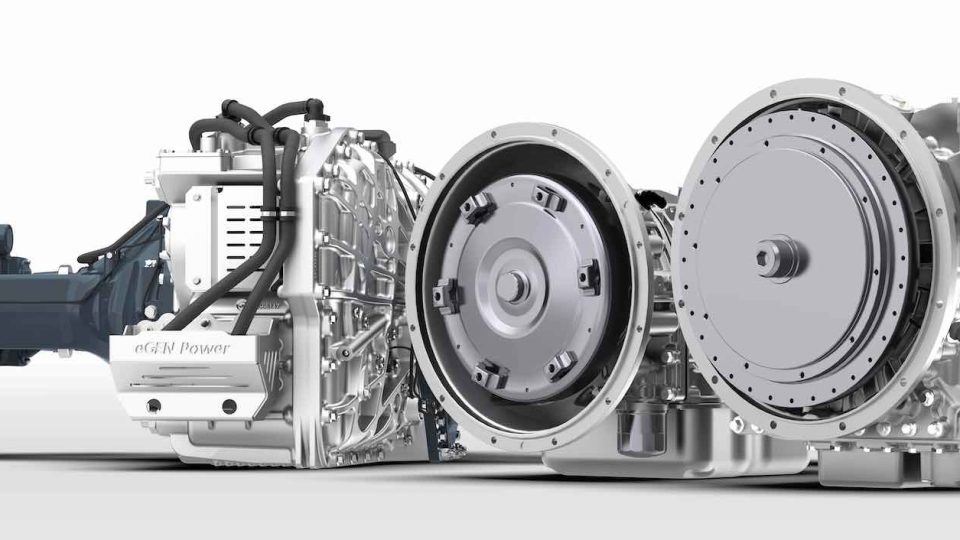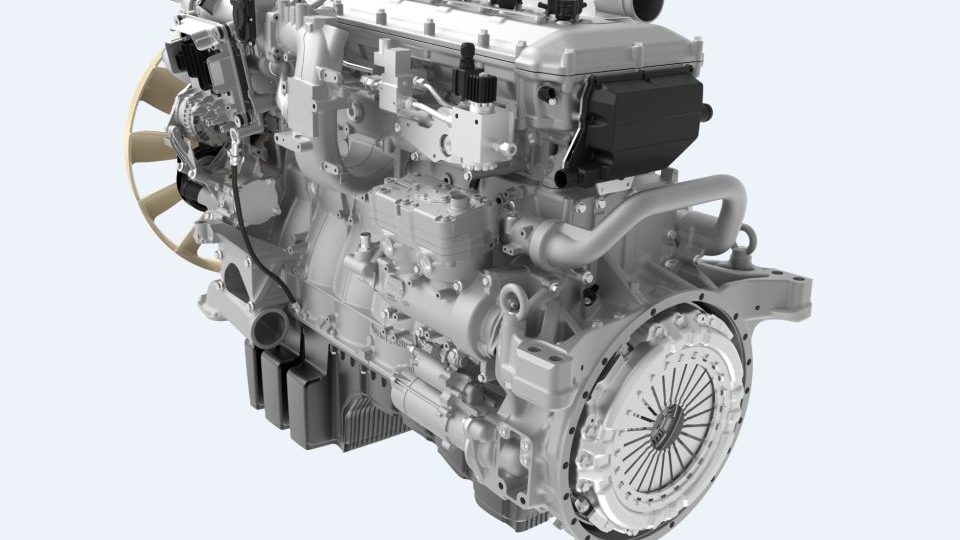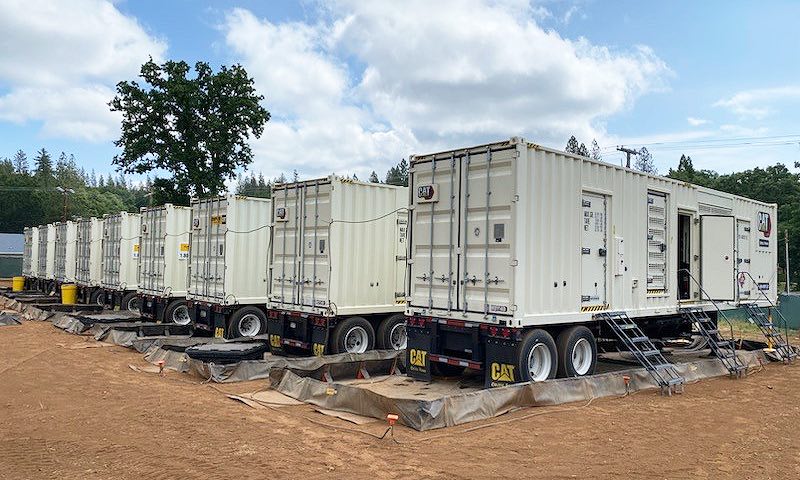Interact Analysis: hybrid and electric truck and bus market
In this article, Jamie Fox from Interact Analysis provides insight into some early findings of new research into the hybrid and electric truck and bus market. Among the topics, total cost of ownership, the future of electrification of heavy-duty trucks, and a view on the market.
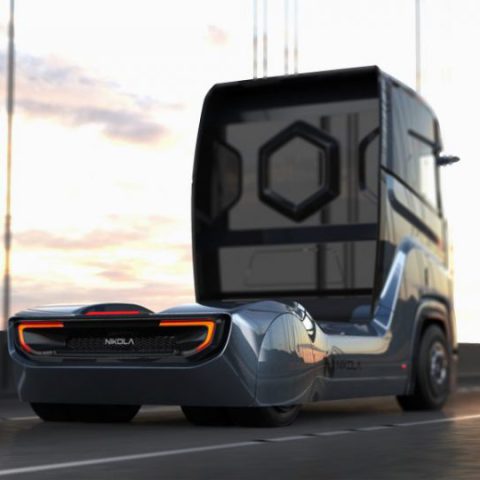
Jamie Fox is leading Interact Analysis’ current research into hybrid and electric trucks and buses. Here, he answers a few questions on key trends in the market.
We often hear that electric vehicles are “cheaper.” But they’re more expensive up front. What’s that about?
It’s all about the TCO (total cost of ownership). The capital outlay for an electric vehicle currently always exceeds the cost of a traditional internal combustion vehicle, owing to the costs of R&D, the technology involved, and the lack of scale. But the nature of the beast means that running costs (such as fuel, service, and repairs) are almost always less for electric vehicles.
Basically, the “fuel” is far cheaper, and there are hardly any moving parts to break down or wear out. So, after a certain amount of mileage, the ROI tends to be high. It’s a case of investing up front and waiting for a payback. I would say that the majority of fleet managers who invest in electric commercial vehicles do so primarily for the cost benefits, rather than due to environmental considerations.
It’s obviously harder to electrify heavy-duty trucks. What’s the likely long-term solution to decarbonizing them in your view?
For the next few years, a majority of medium and heavy trucks will continue to be diesel-powered. In the long term, we’re looking at an electrification battle between battery electric and hydrogen fuel cell technology in this sector. In the wider commercial vehicle space, battery electric leads the field. And this gives the industry a high momentum in terms of innovation. Battery electric also enjoys two other key benefits over hydrogen fuel cell tech: simpler powertrains and higher energy efficiency.
There certainly seems no reason why battery technology wouldn’t prevail in trucks with ranges of up to 300 miles. But when we look at larger vehicles – with ranges of 500+ miles – it could theoretically go either way. One issue is that such ranges will always be a challenge for electric batteries. That’s because battery technology is quite mature when it comes to power density. Batteries aren’t going to get much smaller, so making them work at these ranges will require either huge heavy batteries in trucks, or an efficient battery swapping system, or an acceptance that long-haul trucks will need to recharge quite often – perhaps every 150 miles. If very large batteries are used, it will also require megawatt charging pumps to be installed across wide areas – an expensive infrastructure proposition.
Hydrogen fuel cell technology can, in contrast, easily power the largest lorries. But heavy duty long-haul is probably the only market sector where hydrogen technology can work in the relatively near future. Additionally, hydrogen infrastructure is equally lacking in most geographical regions, and is going to be equally as expensive as electric infrastructure (or even more so). On top of this, the technology is significantly less efficient than battery electric and for it to make sense from a green perspective will require a major boost in green hydrogen production. The jury is still out, but my view is that battery electric has the better chance of winning this race.
How’s the market for commercial vehicles currently looking, based on your ongoing research?
It’s looking good. Governments and industry bodies continue to push incentives to go electric. For instance China’s New Energy Automobile Industry Plan (2021-2035) has the goal of 20% of vehicle sales to be zero emission by 2025 and the China Society of Automotive Engineers has set itself a goal of over 50% electric sales by 2035. This is bound to have a knock-on effect on the commercial sector.
Meanwhile, the EU has the world’s strongest incentives and, even in the US, where medium and heavy duty commercial internal combustion vehicles are responsible for 24% of greenhouse gas emissions and consume over a quarter of the nation’s fuel, President Joe Biden’s Build Back Better program includes 30% tax credits for electric heavy duty vehicles. As a result, truck manufacturers have announced more aggressive electrified sales and manufacturing plans than we had previously forecast.
Are we going to see a “Tesla of the truck world”?
It doesn’t look like it. If we look at buses, there won’t be much room for new start-ups: probably at least three or four of the current leading bus manufacturers will also become the leading electric bus manufacturers. The same is likely to be the case with truck manufacturers.
There are a few disruptors in the market such as Rivian and Arrival, but they won’t dominate like Tesla has done in the electric car market. It’s interesting to note that Tesla have prototyped the Semi, a long-haul truck with a range of 300-500 miles. The company has a lot of plans, though, and I don’t think the semi is currently a high priority. Doubtless if it was, the company would become the #1 electric long haul vehicle producer.
Nikola has experienced some setbacks, but they invited Sandy Munro to test out some of their vehicles recently, and he made a lot of positive noises about them. They don’t have the same depth of technical know-how as Tesla, and they make up for this with a network of technology partnerships. Interestingly, although they’ve always promoted themselves as a hydrogen fuel cell company, their first few vehicles have actually been battery electric. If they veer towards battery in the longer term, that would, I feel, be a big sign that hydrogen is going to lose the battle for long-haul.
What would your advice be to an EV start-up?
Travel back in time to 2015 and start then! It’s going to be difficult now as there are so many companies in the market. However, start-ups continue to appear, and I think specialization and innovation are the keys. We’ve seen BrightDrop launch a last-mile electric vehicle and gobble up the market, and even create a market that wasn’t there with some of their other products such as their electrified EP1 carts. BD is cornering that market in North America. There are opportunities for someone to repeat that, for example in Europe.

